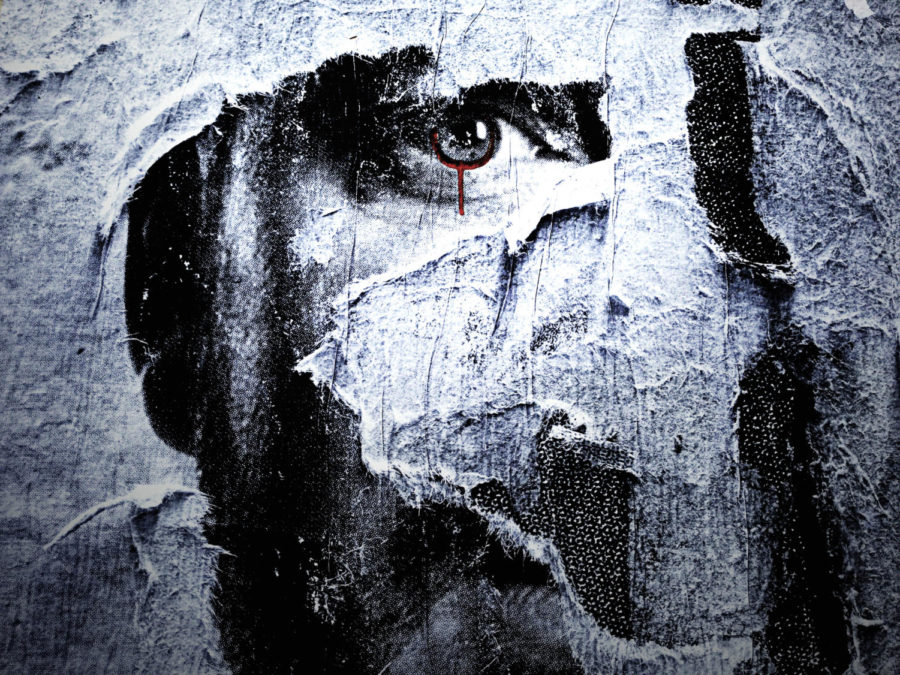Tyrrell: Even royals cannot escape suffering
March 10, 2021
This past Sunday, Oprah Winfrey interviewed Meghan Markle and Prince Harry in a two-hour tell-all that seemed to leave everyone reeling, including Oprah herself.
Meghan and Harry’s willingness to be candid, in combination with Oprah’s matchless interview skills, made the sit-down rather explosive. More than just the biggest TV event of the season, the interview engaged in broader societal conversations, including racism within the monarchy, the tabloid media and mental health. There was so much to take away from the conversation that I actually felt a little shell-shocked when the credits started to roll. But the moment that was most striking to me occurred after Harry joined the conversation.
Oprah had asked Harry about the rest of his family, and he explained that until he met Meghan, he had been, in a sense, imprisoned.
“I didn’t see a way out…. I didn’t know I was trapped,” Harry said, earning a raised eyebrow from Oprah before she pressed him on the issue. “Please explain how you, Prince Harry, raised in a palace, in a life of privilege — literally a prince — were trapped.”
I’m sure Oprah’s disbelief was shared by many viewers. From the outside, it seems as though members of the royal family enjoy lives of unparalleled power and opulence (although fans of “The Crown” may have a better picture of just how stifling the monarchy can be). How could someone like Prince Harry or Meghan Markle — as they sat in the sparkling California sun in Oprah Winfrey’s backyard — feel trapped?
I wanted to know if much had been written on this condition — “suffering while privileged,” if you will — so I Googled it. According to Stone Cottage Counseling, a counseling service based out of Atlanta, that feeling of skepticism and incredulity while listening to Harry talk about his feelings of entrapment and suffering has a name: “privilege syndrome.”
I know, it sounds made up. But Stone Cottage describes it as the very real circumstance of invalidating your’s or someone else’s pain because of some type of privilege they hold. Examples include the critically acclaimed chef who struggles with bipolar disorder and depression; the white man who is also blind and the prince who has to watch his wife get pushed to suicidal ideation by the tabloids.
Really, what we’re talking about here is intersectionality and how your identity as one thing doesn’t erase your identity as another. Being privileged doesn’t mitigate your capability to feel suffering. Being oppressed doesn’t reduce your capacity for joy.
We’re beginning to discuss these incredibly important things — privilege, and the power structures that uphold them — as a culture. And because of that, I think many peoples’ first instinct is to rip the royals apart. But those important conversations are much more valuable when we can engage in them with nuance rather than sidelining the individual story. It’s a universal truth that tends to get lost in the black-and-white world of the internet: another person’s suffering does not surfeit your own. That’s just as true for the upper echelons of British society as it is for college students in the Midwest.
I believe that we are totally within bounds to scrutinize the royals. We can say, “Look at how much these white people have benefited from colonialism. They have so much privilege,” and then in the next breath say, “It is so heartbreaking what Meghan and Harry have had to go through. They have suffered so much.”
Privilege is not a get-out-of-jail-free card for suffering. On Sunday night, Meghan and Harry made that heartbreakingly clear.
If you or someone you know is having thoughts of suicide, call the National Suicide Prevention Lifeline at 1-800-273-8255 (TALK) or go to SpeakingOfSuicide.com/resources for more resources.







